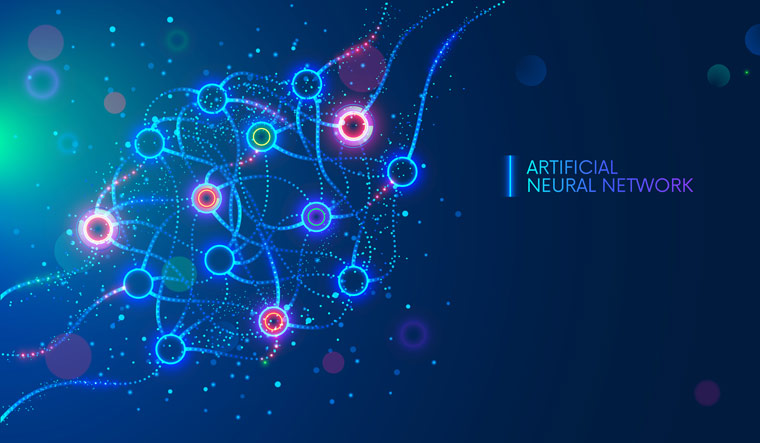Researchers have discovered a transformative approach to enhancing the performance of AI systems. By embracing diversity, these intelligent systems can revolutionise the way they solve complex problems, leading to increased efficiency and effectiveness. This study conducted at North Carolina State University has the potential to reshape the capabilities of AI and open new doors for advancements in various fields.
AI is like a brain made of circuits and connections, just like our own brains. The study's lead scientist, Professor William Ditto, and his team gave their AI a unique ability: the power to look inside itself and decide how to make its "brain" better. Imagine you could change your brain to become better at math, art, or sports. That's what this AI can do!
This exciting discovery could lead to AI systems that are not just smarter but also more adaptable and helpful in our everyday lives. The future of AI is looking brighter and more diverse than ever before!
Choosing diversity
The AI was given the choice to use different types of "neurons" in its network, much like how our brains have different types of cells. It could decide whether to use lots of similar neurons or mix things up. Astonishingly, every time, the AI chose diversity. It turned out that diversity made it much smarter at solving problems.
Artificial neural networks in AI work like our brain cells, sending signals to each other. This AI was allowed to change the number, shape, and strength of these connections as it learned, like adjusting the volume on a radio. Imagine you had a magical knob to make your brain work better for each task—you'd turn it up for math and down for art. The AI can do something similar!
To test the AI's new superpower, they asked it to do a math problem. The results were mind-blowing! A regular AI could only get 57% of the answers right. But the diverse AI, which embraced different types of "neurons," soared to a fantastic 70% accuracy. That's like going from getting half your math problems right to getting almost three-fourths right!
This diverse AI isn't just good at math. It's a superstar when it comes to complex stuff like predicting the movement of pendulums or even galaxies! It's up to 10 times more accurate than regular AI. Imagine having a friend who's 10 times better at solving puzzles than you—this AI is like that friend, but for solving super-hard problems.
Professor Ditto and his team believe that giving AI the power to choose diversity can make it smarter in all sorts of ways. As problems get trickier and crazier, this diverse AI gets even better. This is like having a superhero AI that keeps getting stronger with each challenge.


